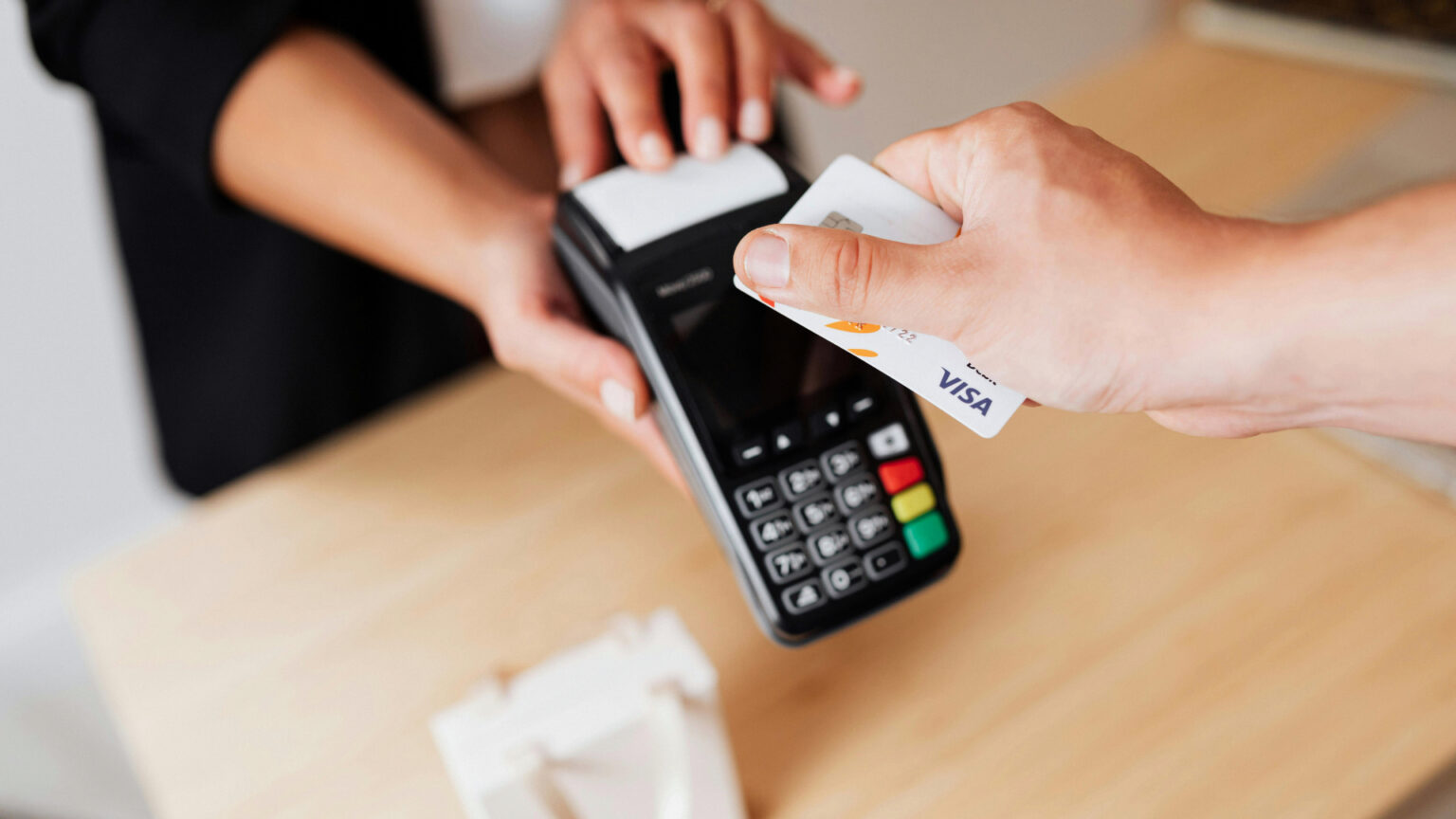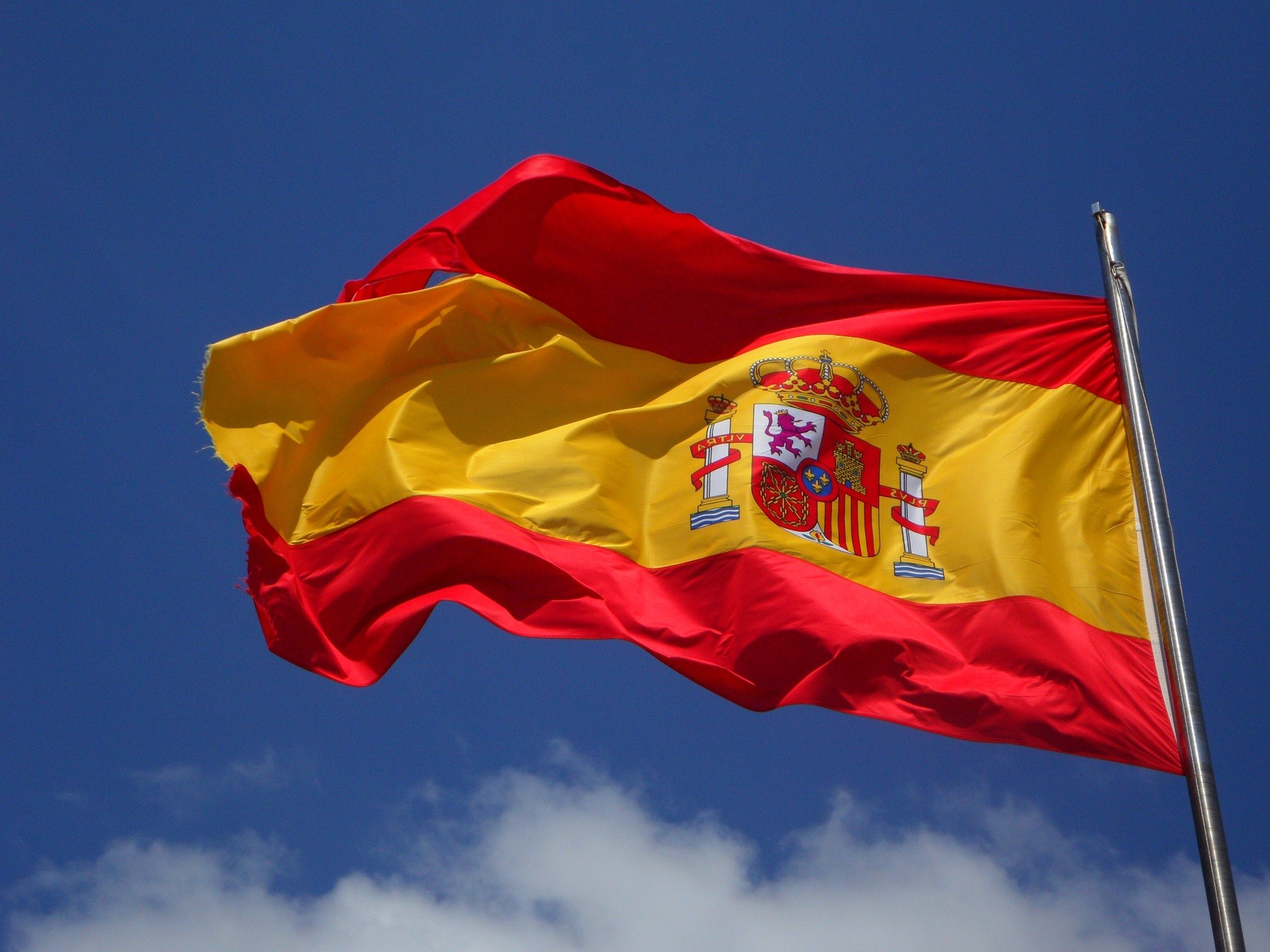Paying by card abroad today is convenient and secure – but it can also involve a number of costs that may surprise the unprepared traveller. The level of commission, the method of currency conversion or the availability of the right currency are just some of the factors that influence the final cost of each transaction. It is worth knowing how to avoid unnecessary costs and ensure that transactions are settled in the most advantageous way.
Not every card works the same way
When you go on a trip, it is worth bearing in mind how the different types of cards differ. Using a standard debit card linked to a PLN account abroad is not the best idea, as it usually involves currency conversion and additional transaction fees. Also, a credit card, which is very popular due to the possibilities it offers, can generate additional costs – especially in the case of ATM withdrawals or an unpaid balance.
There are solutions on the market to solve the problems of travellers abroad. These are currency cards and multi-currency cards. They make it possible to pay directly in foreign currencies – without the costly currency conversion and uncertainty – what the cost in zloty will be for the payment, e.g. the Visa multi-currency card automatically recognises the currency of the transaction and charges the appropriate account. This gives you more control over your spending and avoids additional commissions.
Currency conversion – the hidden cost of foreign payments
The majority of foreign account card transactions in zloty require currency conversion. This means not only the application of a bank rate (often less favourable than the market rate – e.g. at exchange offices), but also the charging of additional fees – including a commission of up to 6% of the transaction value. What is more, in the case of some cards, a so-called double exchange rate is used – e.g. first from the local currency into dollars or euros, and then only into zlotys – which adds to the cost.
Is it worth having a foreign currency account?
Yes – especially if you are travelling to one country or the euro area, the USA or the UK. A foreign currency account allows you to buy currency in advance at a favourable exchange rate and avoid currency conversion costs. Combined with the right card, it is one of the most economical solutions today for private and professional travellers.
Watch out for cash withdrawals
Although paying by card abroad is usually more cost-effective than withdrawing cash, the latter may also be necessary in certain situations. It is worth bearing in mind, however, that ATM withdrawals abroad usually incur additional fees – both on the part of the bank and the ATM operator. Combined with currency conversion, the costs can be really high, so when expecting that you may need to withdraw currency in cash, it is advisable to take with you the amount corresponding to your expected needs.
Speaking of cash, it is also worth remembering that not only attractions await tourists abroad, but also amateurs of their wallets. If a wallet is lost, all its cash contents are irretrievably lost, while a quick card stop and a predetermined transaction limit can definitely limit the losses incurred.
Safety first
When travelling with a card, it is also advisable to be careful. The most important rules are: don’t put your card in the hands of strangers – even if the waiter or vendor is very friendly. In no situation can you afford to lose control of what happens to your card. Another rule of thumb is to avoid suspicious ATMs, use banking mobile apps that allow you to monitor your card and use biometric security. It is also a good idea to have a back-up payment method – such as a second card or the ability to pay by contactless – such as with your phone.
Of course, it can happen that a card is lost despite caution. In the case of Visa cards – it’s not the end of the world either, even if you lose your card somewhere “at the end of the world”. Visa operates in more than 200 countries and dependent territories, and its support centres are available online and by telephone – around the clock. In emergency situations, they enable you not only to block a lost card quickly, but also to get a replacement emergency card or cash support quickly.
What about travellers in Poland and tourists visiting our country?
The convenience of using card payments when travelling in Poland very often stands at an even higher level than abroad. Our country is one of the world leaders in terms of popularity of this payment method – especially if we are talking about contactless payments. At the terminals offered by eService, both domestic and foreign tourists can enjoy the convenience and security of using a card. If there is no ATM in the vicinity, they can use the Cashback service, or ‘withdraw cash from the terminal’, in many places when shopping. Simply ask the shop assistant – in a shop or at the Post Office, for example.
Foreign tourists will appreciate the option of using the DCC (Dynamic Currency Conversion) service, i.e. paying for purchases by card – in their own currency. Thanks to this service, they will immediately find out how much their purchase will cost in the end – without having to worry about the unknown currency conversion rate and the value of additional fees. This is also a valuable tip for Polish merchants – by offering such a solution, you can increase turnover among foreign customers by providing them with convenient, transparent and secure payments.
Knowledge is savings
Knowing the costs of currency conversion and the solutions available – from fintech cards, to multi-currency cards such as those from Visa, to dynamic currency conversion services – DCC – allows you to travel without worrying about unexpected costs. With the global availability of terminals compliant with the standards of Visa and other payment organisations, cashless travel can be safe and financially beneficial.
“For years, eService has been supporting secure and convenient payments – not only in Poland, but also abroad – in the 11 countries where our terminals operate. Our goal is that wherever they are, payment card users have access to fast, modern and beneficial solutions, so we are constantly developing our terminals and systems so that they are compatible with various forms of payment – and additional services that make life easier for both merchants and shoppers”- says Zdzislaw Mikłaszewicz, eService.
Source: eService












